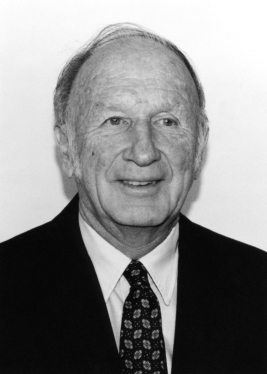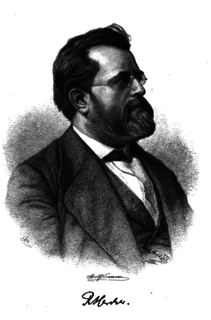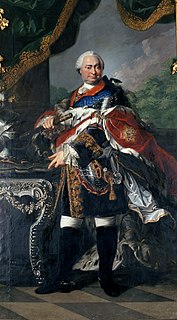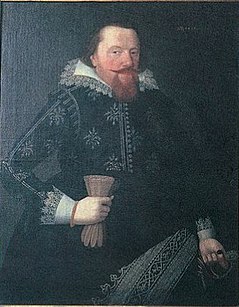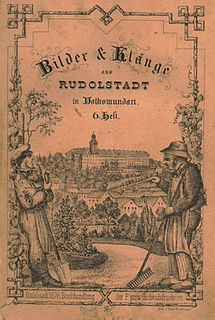Christian Lorenz Sommer (19 November 1796 in Rudolstadt – 20 July 1846 in Rudolstadt) was a German classical philologist and educator.
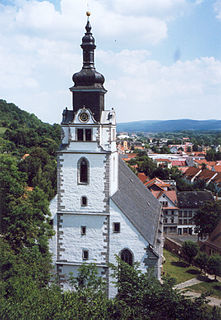
Rudolstadt is a town in the German Bundesland of Thuringia, close to the Thuringian Forest to the southwest, and to Jena and Weimar to the north.
From 1814 he studied theology and philology at the University of Göttingen, and beginning in 1816, he studied philology at the University of Leipzig, where his instructors were Gottfried Hermann and Christian Daniel Beck. In 1817 he began service as a "collaborator" at the Landesschule Pforta under the rectorship of Karl David Ilgen. From 1819 onward, he was a professor at the Rudolstadt gymnasium. In 1832 he was awarded with an honorary degree from the University of Jena. [1]

Theology is the critical study of the nature of the divine. It is taught as an academic discipline, typically in universities and seminaries.
Philology is the study of language in oral and written historical sources; it is the intersection between textual criticism, literary criticism, history, and linguistics. Philology is more commonly defined as the study of literary texts as well as oral and written records, the establishment of their authenticity and their original form, and the determination of their meaning. A person who pursues this kind of study is known as a philologist.

The University of Göttingen is a public research university in the city of Göttingen, Germany. Founded in 1734 by George II, King of Great Britain and Elector of Hanover, and starting classes in 1737, the Georgia Augusta was conceived to promote the ideals of the Enlightenment. It is the oldest university in the state of Lower Saxony and the largest in student enrollment, which stands at around 31,500.
He was the author of scholarly editions of Plato's Symposium (1820), Xenophon's Anabasis (1821) and of the "Library of Apollodorus" (1822). He also published four treatises pertaining to the Hecuba of Euripides (1836–44). [1]
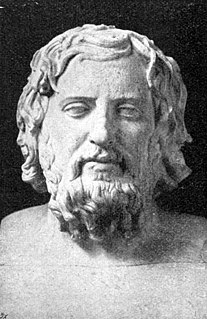
Xenophon of Athens was an ancient Greek philosopher, historian, soldier, mercenary, and student of Socrates. As a soldier, Xenophon became commander of the Ten Thousand at about 30, with noted military historian Theodore Ayrault Dodge saying of him, “the centuries since have devised nothing to surpass the genius of this warrior.” He established the precedent for many logistical operations and was among the first to use flanking maneuvers, feints and attacks in depth. He was among the greatest commanders of antiquity. As a historian, Xenophon is known for recording the history of his time, the late-5th and early-4th centuries BC, in such works as the Hellenica, which covered the final seven years and the aftermath of the Peloponnesian War, thus representing a thematic continuation of Thucydides' History of the Peloponnesian War.

Anabasis is the most famous book of the Ancient Greek professional soldier and writer Xenophon. The seven-tome book of the Anabasis was composed around the year 370 BC, and, in translation, Anabasis is rendered as The March of the Ten Thousand and as The March Up Country. The narration of the journey is Xenophon's best known work, and "one of the great adventures in human history".
The Bibliotheca, also known as the Bibliotheca of Pseudo-Apollodorus, is a compendium of Greek myths and heroic legends, arranged in three books, generally dated to the first or second century AD.

